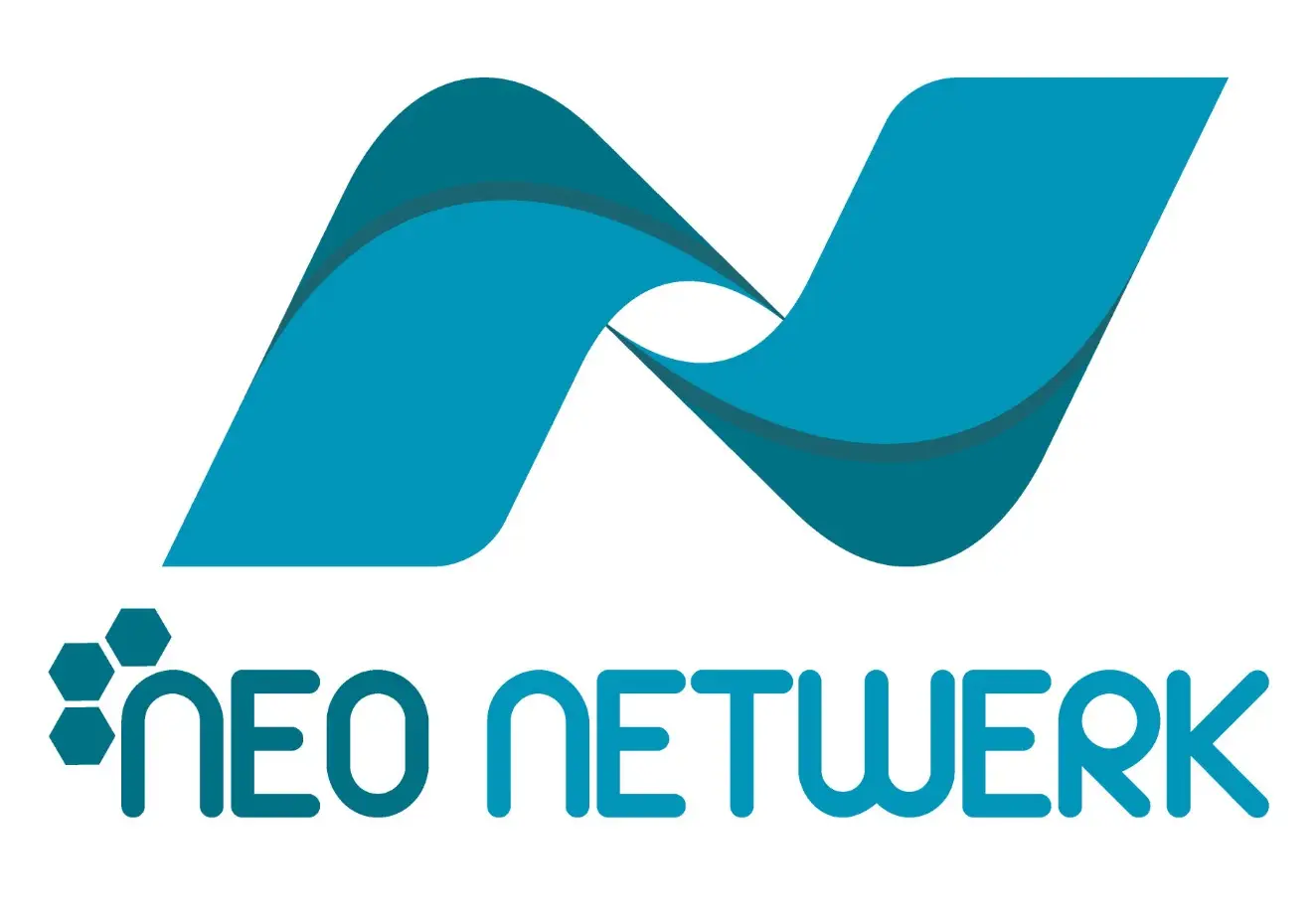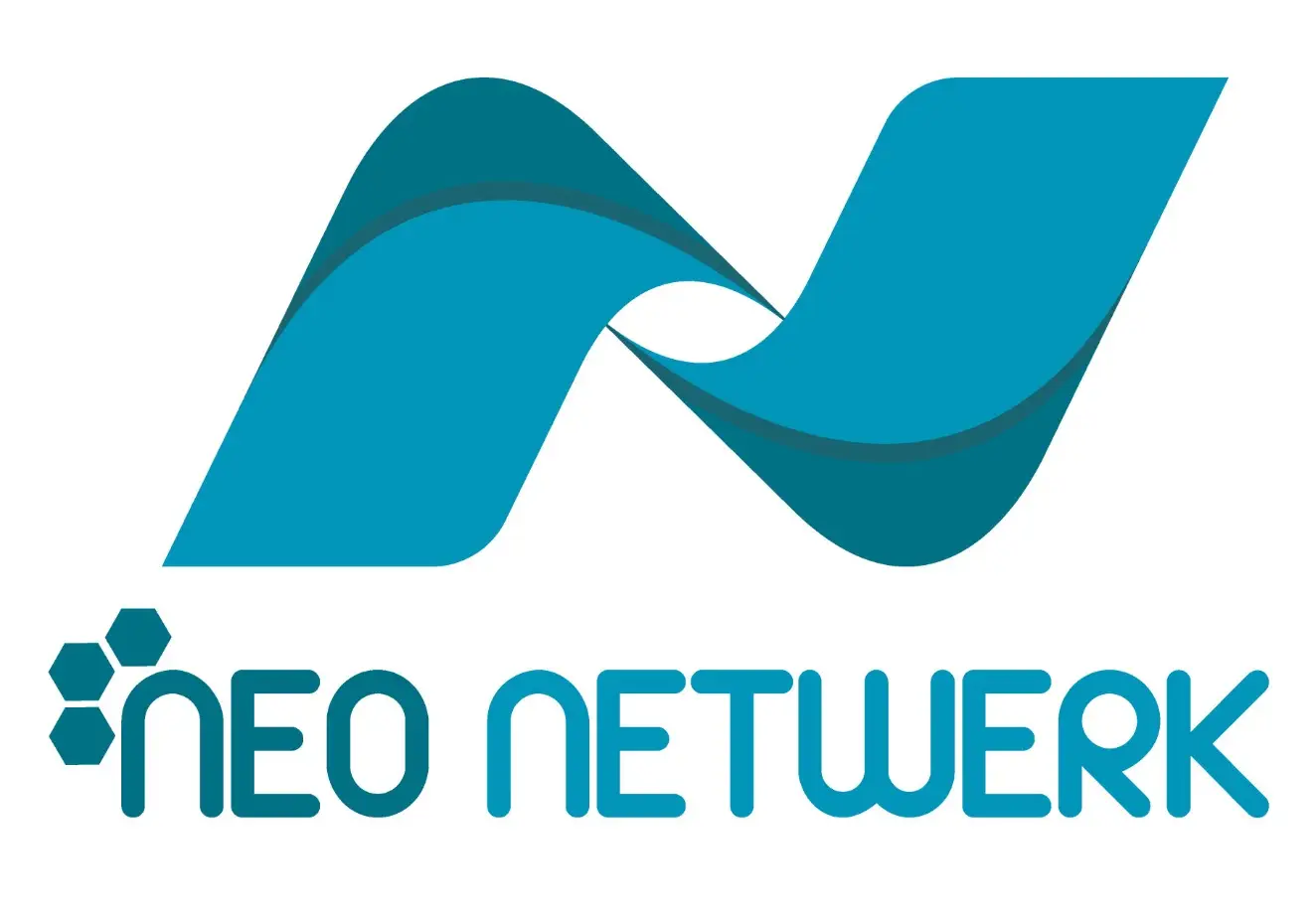You want to offer your products internationally and tap into new markets? Then a multilingual online shop is essential. Without it, you’ll miss out on sales opportunities in foreign markets, especially if your products are not easily available there.
If your shop has so far been monolingual and relied on automatic translations like Google Translate, it will be difficult for international customers to find you. A professionally translated shop signals openness and professionalism and builds trust – the key to success in the global market. In this article, you’ll learn what a multilingual online shop is, how to use it, and what benefits it offers.
What is a multilingual online shop?

An international online shop allows customers to view content such as product descriptions, menus, and checkout processes in different languages. With plugins like WPML for WooCommerce, you can create a multilingual shopping environment that convinces your international customers.
A multilingual online shop is important for several reasons if you are planning international market expansion. Multilingualism plays a crucial role in search engine ranking. International customers prefer to search in their native language. A shop that offers these languages will therefore appear more frequently and prominently in search results on Google and other search engines.
A multilingual shop website therefore improves visibility in international search engines, increases organic traffic, and strengthens your long-term competitiveness in the global online market.
Why you should no longer rely on automatic translation tools
Many retailers still rely on tools like Google Translate for translation, which often leads to reduced visibility and, in the worst case, a lack of purchase intent.
Why should you stop relying on Google Translate for your online shop? Google’s translation engine often delivers inaccurate or even incorrect translations, especially with technical terms or complex product descriptions. This severely affects customer trust. Furthermore, automatically translated pages are not ideal for SEO, as these contents are usually not indexed and barely appear in search results. As a result, international customers won’t find you.
Poor or unprofessional translations are also off-putting to new customers and can damage your brand image in the long run.
Challenges of a multilingual online shop
Setting up a multilingual website comes with challenges you should be aware of. WordPress, Shopify, and other platforms offer plugins for multilingual capability. These are easy to install and provide a compact, simple solution for translation. However, these tools must be technically compatible to work smoothly with your existing shop system. Choosing the wrong plugin may result in a poorly translated shop website.
Each language also requires its own SEO strategy to avoid duplicate content and ensure optimal rankings. Also keep in mind that all website changes must be consistently implemented in every offered language.
Key challenges for multilingual online shops:
- Technical complexity and compatibility with WordPress and other systems
- Meeting SEO requirements
- Maintaining and updating content
To help you overcome these challenges, we support you with WordPress and other shop systems. With Neonetwerk, you can position an internationally focused online shop or website in search engines.
The key benefits of a multilingual shop
According to the Borderless Commerce Report 2022, 57% of all online shoppers worldwide already shop internationally. What’s crucial is that customers can access product information in their native language – this builds trust and makes buying decisions easier.
A multilingual shop enables you to offer your products in countries where they may not be widely available. You can also create targeted promotions for regional holidays or events, setting yourself apart from competitors.
With a shop available in multiple languages, you not only increase visibility in international markets but also benefit from higher rankings on Google.
That means more reach, a broader customer base, and ultimately higher sales.
Localization: More than just translation

A simple translation is not enough. Language is just one part of localization – equally important is the cultural adaptation of your content. Every region has its own expectations, communication styles, and shopping habits.
- USA: Direct, emotional messaging works well.
- Germany: Customers prefer factual, detailed product descriptions.
- Asia: Live chat and fast contact options are standard in customer service.
Prices and currencies should also be adapted. Customers expect prices to be displayed in their local currency. Payment methods are also important:
- Germany: Buying on invoice via Klarna is widespread.
- France: Carte Bancaire is preferred.
- China: Alipay and WeChat Pay are standard.
If you only offer international methods like credit card or PayPal, you’ll lose potential buyers.
Expectations for the shopping process also vary by region:
- USA: Fast shipping and free delivery are important.
- Germany: Data protection and trustworthy providers are a priority.
- Japan: Polite, detailed communication is valued.
By considering cultural differences, you increase reach, trust, and purchase readiness among international customers.
Neonetwerk – Your partner for international SEO and successful multilingual online shops
A well-thought-out SEO strategy is crucial to becoming visible in international search engines and targeting potential customers. Neonetwerk supports you in optimizing your website for international search queries and sustainably increasing your reach in new markets.
Our experts develop an SEO strategy for your multilingual online shop. We ensure that your content is not only linguistically correct but also perfectly tailored to the search behavior of your target markets. From keyword research for each country to proper implementation of hreflang tags and building local backlinks – we take care of all aspects of international SEO.
Don’t just translate your website – make your business fit for the international market.


